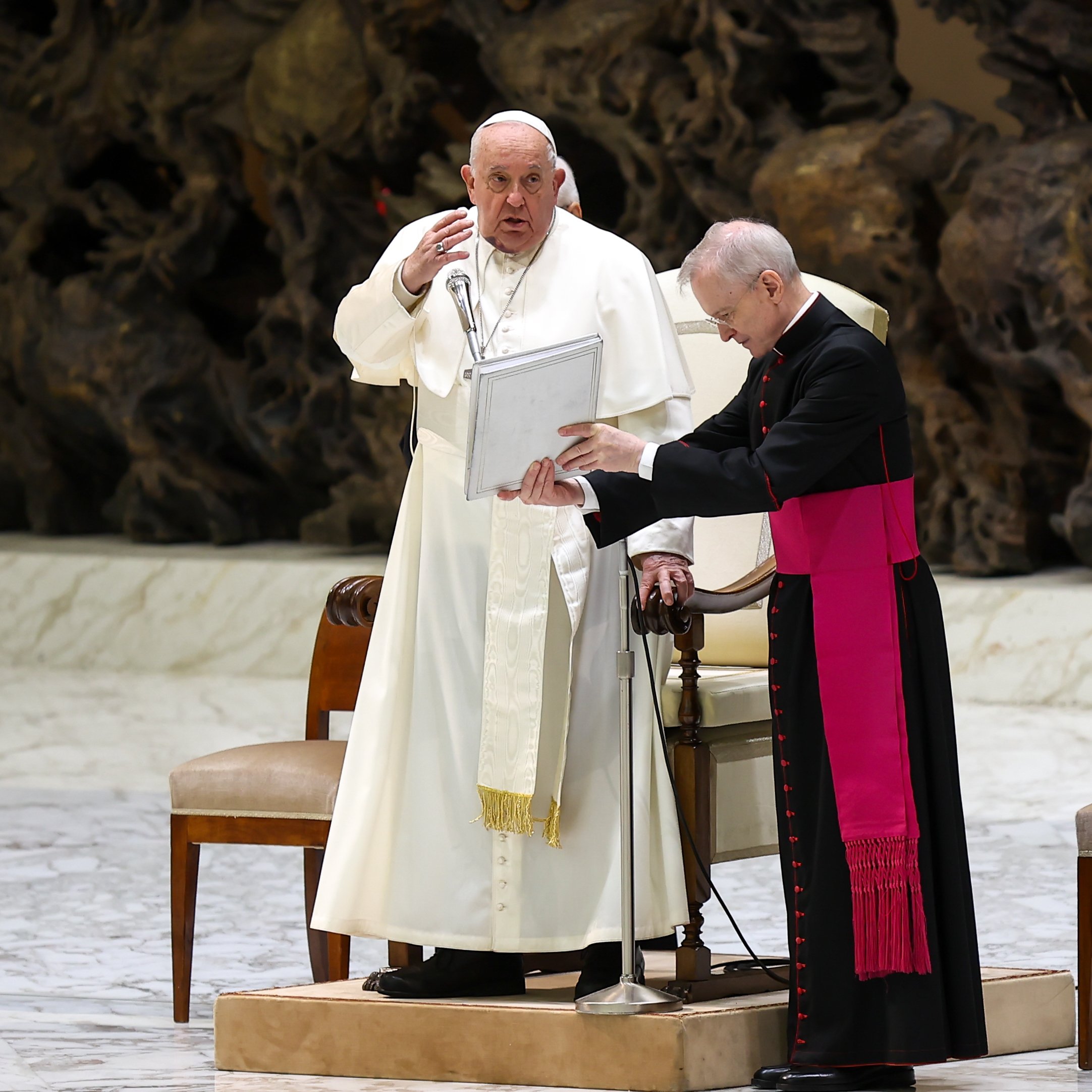Discipleship grows through collaboration, not competition

How can our parish ministries connect with each other to more effectively build a community of disciples?

Here’s a true story from one of our parishes not too long ago:
A woman who had recently converted to Catholicism attended an ACTS retreat at her parish. The experience deeply reinvigorated her faith. However, at the close of the retreat, a parish representative made an announcement, saying, “We’re so glad you joined us on this retreat. We encourage you to join a Bible study to keep the fire burning! Unfortunately, all of ours are currently full, so you’ll need to find one on your own. But please consider helping with our next retreat!”
Do you see the problem?
This is a small but significant example of how we sometimes miss critical opportunities in our evangelization efforts to make meaningful connections. Jim Jansen, director of pastoral services in the Archdiocese of Omaha, has shared in his book, “A Clear Path,” that we need to be better at creating connections between different ministries in our parishes.
In evangelization, identifying “connectors” is key to fostering effective discipleship. They are individuals who play a vital role in nurturing relationships, promoting collaboration and ensuring community growth. They aren’t just leaders or teachers; they’re networkers who understand the stages of spiritual development and know how to connect people with ministries and resources at each stage.
For instance, many of our CYC events, fish fries, Advent by candlelight gatherings and similar activities do an excellent job of drawing in a wide variety of people, some of whom may only have a peripheral connection to the Church. The leaders of these events should be in conversation with those leading discipleship-focused programs like men’s club, women’s sodality or Alpha. In turn, these leaders should connect with ACTS and CRHP retreats and small faith groups. Finally, those groups should link with our Bible studies, Christian initiation and evangelization teams that equip others to minister.
While this ideal connection flow may not work perfectly for everyone, we must remember our ultimate goal: making disciples who, in turn, make disciples. Too often, we fall into the trap of creating “spiritual silos” where ministries compete for resources and attention rather than collaborating as a cohesive team working toward the same evangelizing mission.
If you are currently engaged in a ministry at your parish, where are the majority of people that you minister to on their faith journey? Who do you see as fellow co-workers in the vineyard to your left or right that, with a little more intentionality, could begin to make significant differences in one another’s mission?
As St. Paul said in his letter to the Corinthians, “I planted the seed, Apollos watered it, but God has been making it grow.” Let’s strive to break down silos and build a culture of collaboration and shared responsibility within parishes!






